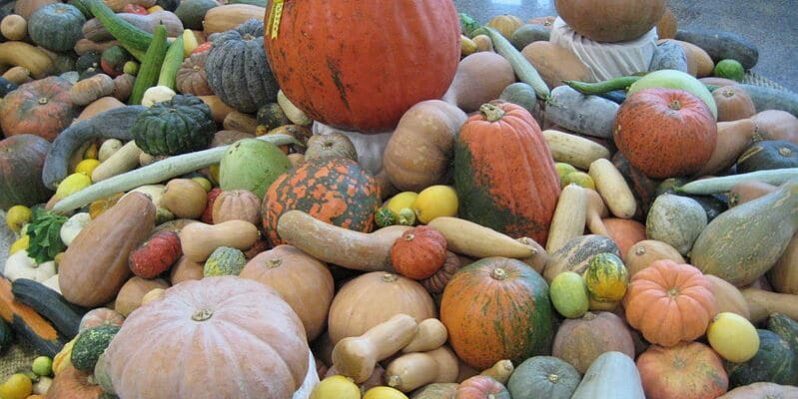A member of the Planting Up group has been in touch to alert us to increased risk of “curcurbit poisoning” in the cucurbitaceae family of flowering plants that include courgettes, cucumbers, pumpkins, squash and melon this year.
The medicinal and toxic compound called cucurbitacin is naturally occurring in these plants as a defence against insects (and has been found to have promising anti-tumour, anti-inflammation, anti-microbial, anti-cancer, antioxidant and anti-diabetic effects). And while the wild grown squash, cucumber and other curcurbits can contain substantial amounts of the toxin that is highly poisonous, the cultured varieties typically contain such a small amount that it does not affect humans, making scares of “toxic squash syndrome” and “curcurbit poisoning” very rare.
However, both Mr Fothergill and Thomson & Morgan have withdrawn some of their courgette seeds this year (2020) due to potential cross-pollination from wild plant relations reintroducing higher levels of curcurbit toxins.
As such, anyone who eats these fruits/veg is being warned to immediately spit out and stop eating any that have a bitter and/or metallic taste in order to avoid possible sickness and diarrhea.
The best advice to determine whether it will make you sick is to cut off a small piece and lick it. Then, if it’s bitter, do not eat it and immediately throw it away.
The person who alerted us to this says she always does the lick taste test when cooking courgettes no matter where the produce has come from; making it second nature to look out for bitter toxicity in the squash plant family in general.









Half an hour after eating some squash felt very ill. Nauseas, vomiting diarrhoea, headache, abdominal cramps etc. The seeds had been saved from a shop bought squash and sown in an allotment. The bed was prone to drought conditions last summer. I have read that squash grown in drought conditions can also develop high levels of cucurbitacin. I did not notice any bitter taste though when eating the squash though.